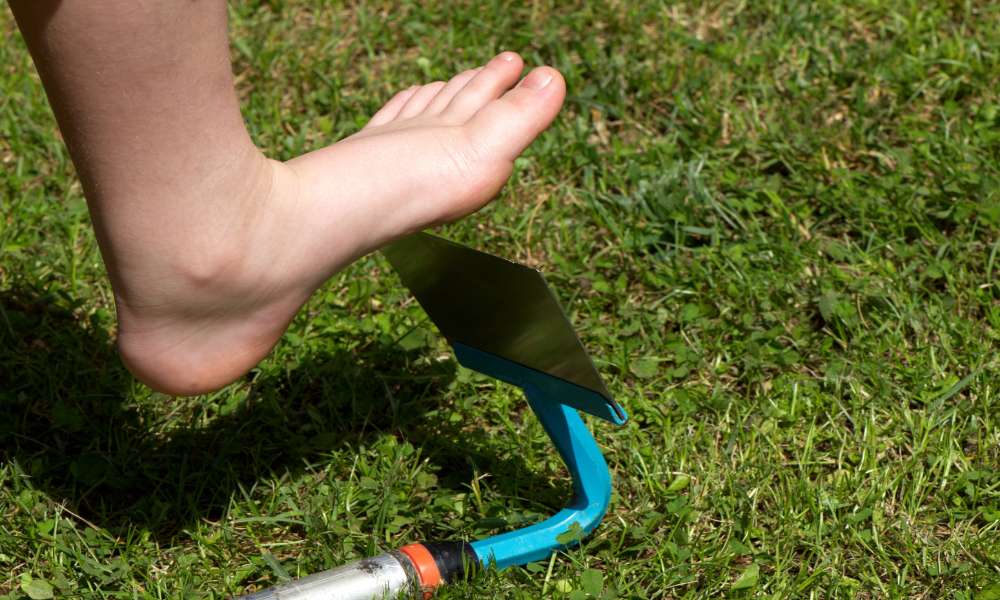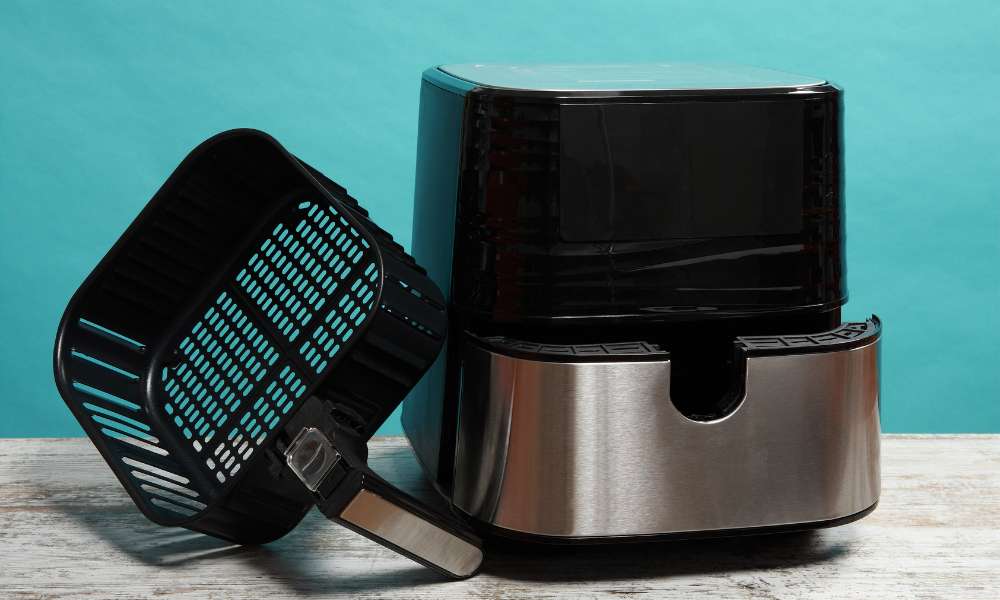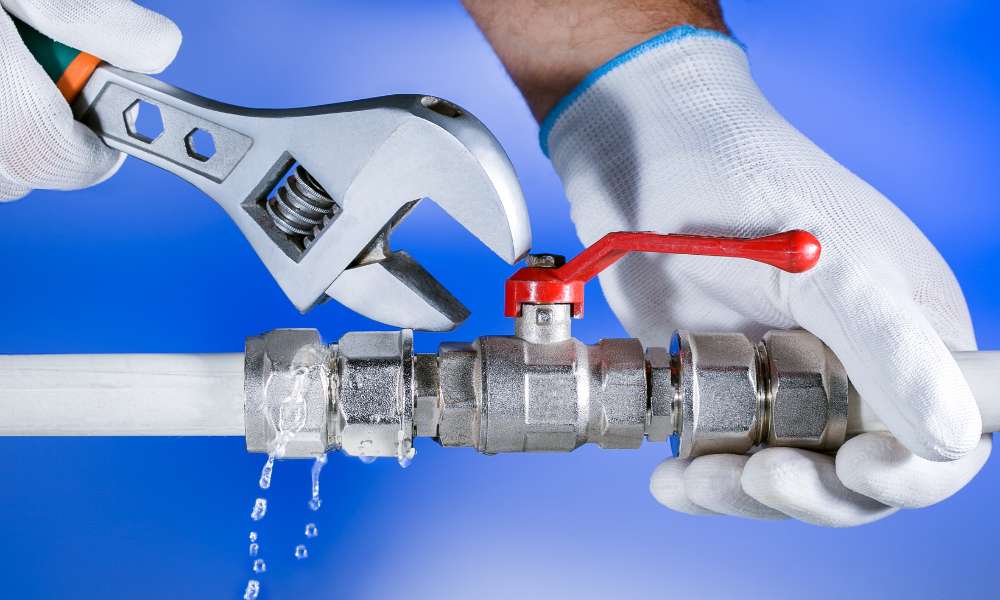One of our purest pastimes is gardening, which allows you to enjoy the outdoors and work with your hands while pruning, cutting, and shaping your surroundings. It serves several health benefits, from relieving stress to increasing cardiovascular fitness. Common Gardening Injuries And How To Prevent Them.
Sadly, though, there is always the chance that we could hurt ourselves while gardening, especially our ligaments, muscles, or joints. Even worse, the onset of pain from some of these injuries is often so slow and subtle that it goes unnoticed until it becomes a significant problem.
This article saves you the hassle of information by discussing some of the top gardening injuries and how you can manage or prevent them.
1. Back Pain

Most of the body’s range of motion is used in a garden, from bending, kneeling, squatting, and lifting. All these movements can be risky, especially when one is not careful and twists into weird positions.
Also, the temptation to take on too much is especially strong for novice gardeners or those who have been away from the hobby for a while. This would mean going for more extended periods resulting in back pain.
So, How Can You Prevent Back Pain?
The easiest method to stop this is to use correct lifting and posture practices while tending to your garden.
When you maintain the proper posture, you reduce the risk of stressing musculature or twisting a joint, which can lead to injury. Consequently, maintain correct posture to guarantee efficient weight transfer.
2. Knee Inflammations (Bursitis)

Knee pain during bending and straightening the knees can be traced to bursitis- the swelling of the bursa that cushions the kneecap. Plant care requires a lot of kneeling, which can harm your knees in the long run due to the inflammation and pain it can create.
How Do You Prevent Knee Inflammation?
Many gardeners skip using knee pads because they are bothersome, but protecting your knees is essential for health reasons.
Therefore, find knee pads with adjustable, long-lasting straps that will provide comfort while gardening, or you can buy a lightweight, portable garden kneeler.
3. Hand Cuts, Scrapes, And Bruises
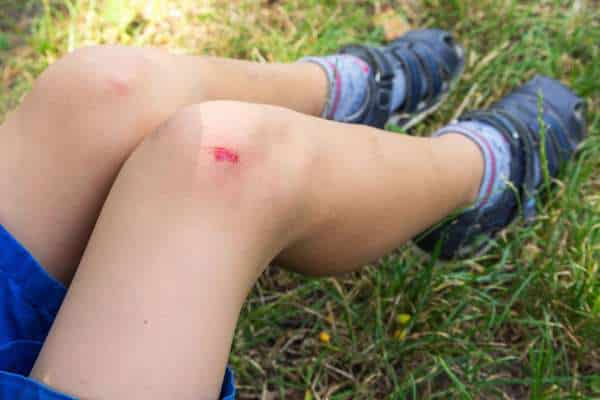
It’s possible to trigger or lock your fingers or thumb by repeatedly manually opening and closing cutters or other hand instruments. This could lead to minor injuries like scrapes and bruises or even more serious ones like deep cuts and bleeding.
How Can You Manage Scrapes And Bruises?
Invest in a good pair of gardening gloves to avoid blisters, cuts, or bruises on your hands from working outside all day. Better yet, educate yourself on fundamental first aid procedures, including how to stop bleeding to better handle emergency circumstances.
4. Wrist, Forearm, And Hand Sprains Or Strains
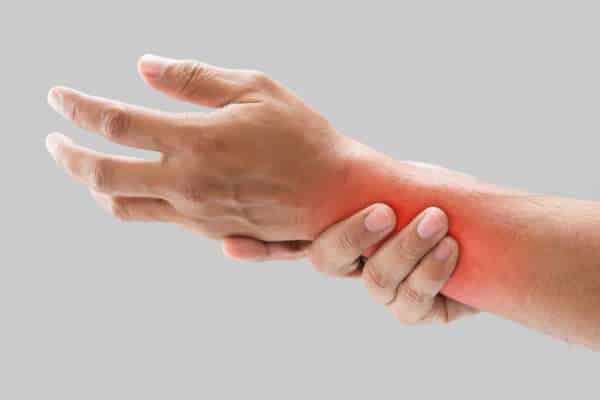
Tennis and golfer’s elbow are common terms, although these conditions are not limited to those who play tennis or golf. Gardeners sustain these wounds while digging and weeding or even holding a pair of pruning scissors.
Also, most repetitive motions would result in pain, weakness, the sensitivity of your forearm, thumb, or wrist, and muscle and tendon strain.
How To Prevent Strains And Sprains
The pruning shears you keep in your toolbox may be the key to disaster avoidance. Purchase a specialized tool rather than hoping that a general-purpose tool will suffice. Make sure to take breaks and switch up your routine to prevent repetitive stress injuries. Common Gardening Injuries And How To Prevent Them. See More
Conclusion
In general, gardening is pleasurable to spend time outside in nature. However, it’s easy to get hurt, especially in the neck, back, arms, or wrists.
Therefore, the number one piece of advice for every gardener is to take care of yourself. Plan what you want to get done each day, stock up on the equipment you’ll need, and stay alert. If you take the necessary precautions, you can ensure that your garden will provide you with years of pleasure.

